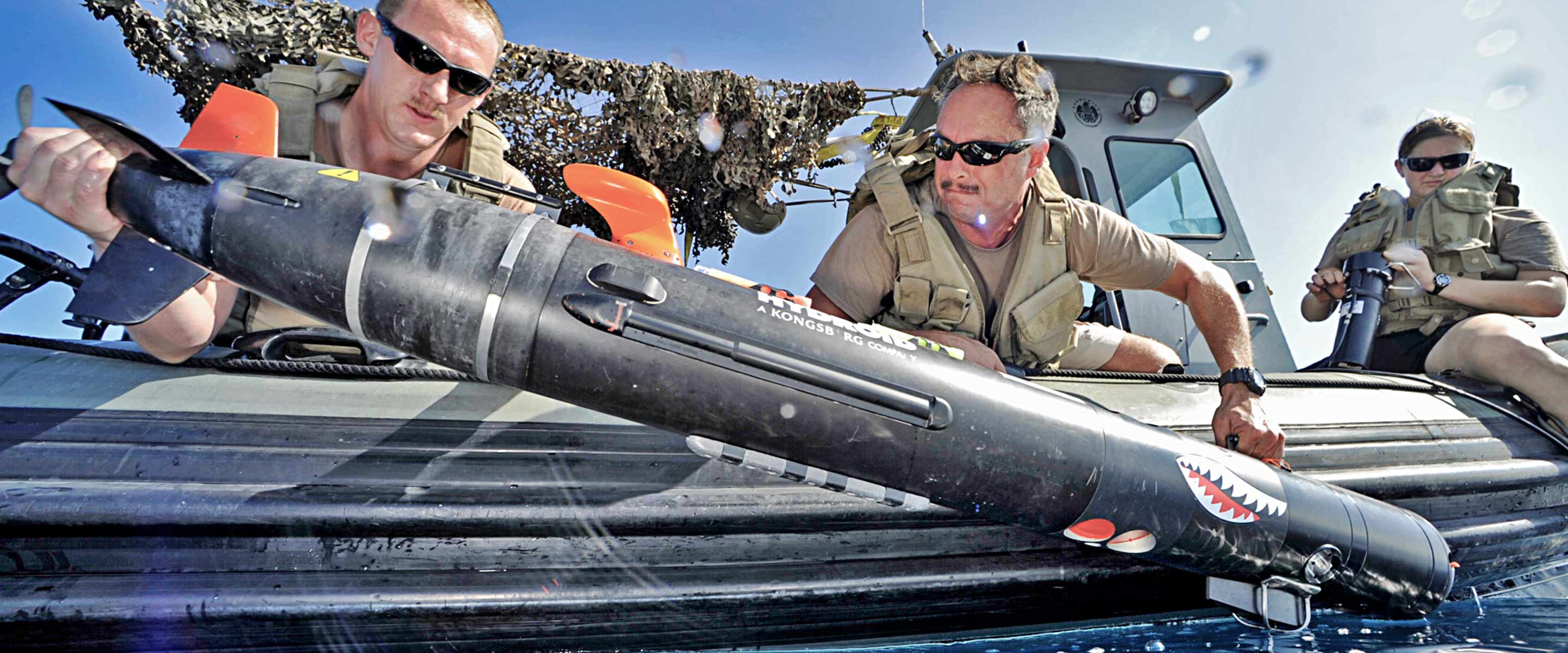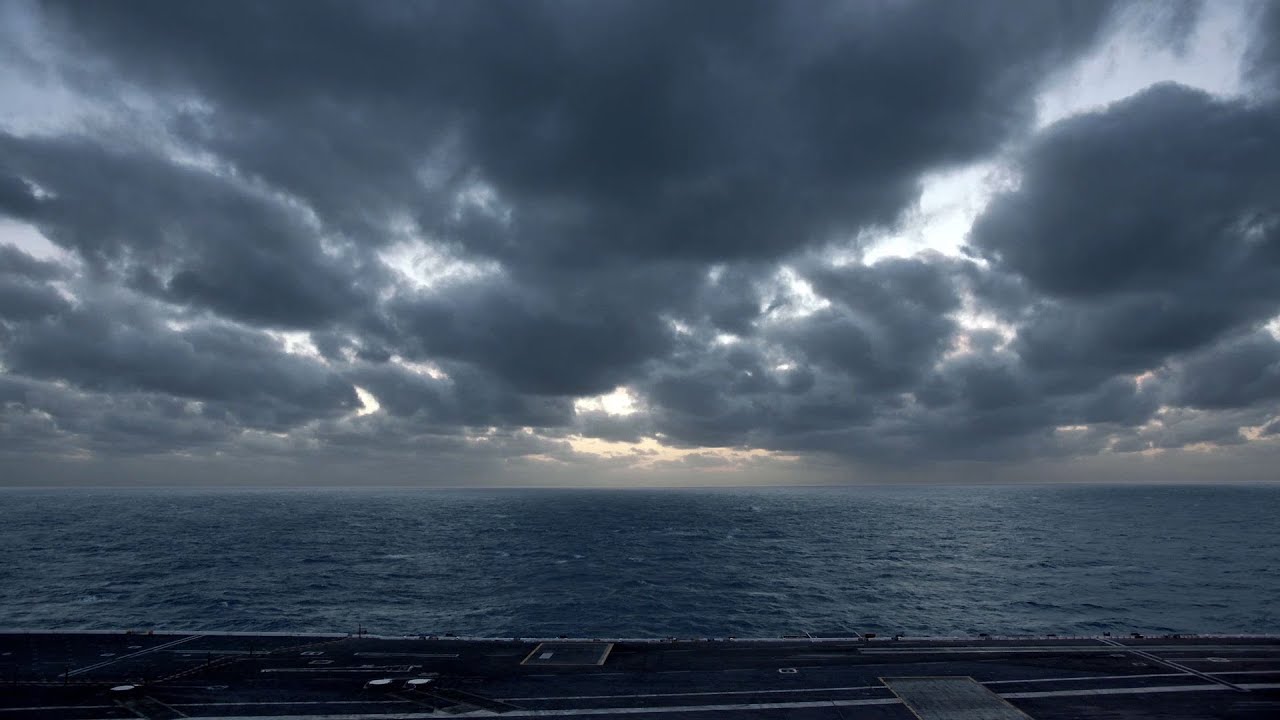What to Expect
More Information
Responsibilities
Whether operating in the air, at sea or underwater, Navy equipment, people and decision-making all rely on the technical and tactical advice of Navy Meteorology and Oceanography (METOC) Officers. They apply expertise in all facets of oceanography, meteorology, hydrography and precise time and astronomy as they:
- Help guide ships, aircraft and troops with recommendations based on weather forecasts and ocean conditions
- Relay forecast updates and weather warnings to military and civilian authorities
- Prepare ocean, sea and waterway charts and maps for anything from basic navigation to search-and-rescue efforts
- Maintain the military's primary master clock, which provides the most precise time interval in the world and drives the Global Positioning System (GPS)
- Oversee the work of Aerographer’s Mates – Enlisted Sailors who monitor weather conditions and provide forecast information
Work Environment
Navy Meteorologists and Oceanographers may serve in a wide variety of settings around the world, from serving aboard aircraft carriers or amphibious ships, to conducting research at the Naval Observatory or Naval Research Labs. You will also have the opportunity to further your education at Naval Postgraduate School.
Training & Advancement
Those pursuing a Meteorology and Oceanography Officer position are required to attend Officer Candidate School (OCS) in Newport, RI. Upon completion, they typically attend a 5-week Basic Oceanography Accession Training (BOAT) in Gulfport, MS. They also receive specialized training that includes methods of analyzing weather conditions, identification of common weather patterns, and techniques and procedures of forecasting.
From there, METOC Officers embark on a career path that usually progresses from an operational tour (a non-oceanography role on a ship or with a deployable unit) to a Naval Oceanography tour (within a warfighting directorate or production center) followed by an education tour (which involves receiving formal education in a preferred discipline).
After that, there are opportunities to serve on aircraft carriers, with Strike Group Staff, and in roles more specialized to one’s preferred discipline and with increasing leadership responsibilities.
Post-Service Opportunities
Promotion opportunities are regularly available but competitive and based on performance. It’s also important to note that specialized training received and work experience gained in the course of service can lead to valuable credentialing and occupational opportunities in related fields in the civilian sector.
Education Opportunities
Beyond professional credentials and certifications, Meteorology and Oceanography Officers can advance their education by:
- Pursuing opportunities at institutions such as Naval Postgraduate School (NPS) or Navy War College (NWC)
- Completing Joint Professional Military Education (JPME) at one of the various service colleges
Oceanography and Meteorology Officers eventually earn a dual master's degree in meteorology and physical oceanography at Naval Postgraduate School (NPS) in Monterey, CA. There are opportunities to receive informal business training in areas such as budget/finance, manpower and research and development. And beyond that, you could potentially earn a doctoral degree while being paid full-time as a Navy Officer.
Qualifications & Requirements
A four-year degree is required to work as a Meteorology and Oceanography Officer. Candidates seeking an Officer position in this community must have a bachelor’s degree from a regionally accredited institution in a technical field, preferably in areas of study such as physics, physics-based oceanography, meteorology, hydrography, earth science or engineering.
All candidates must also be U.S. citizens, eligible for a secret security clearance and qualified for sea duty.
General qualifications may vary depending upon whether you’re currently serving, whether you’ve served before or whether you’ve never served before.
Part-Time Opportunities
There are part-time opportunities available as a METOC Officer.
Serving part-time as a Navy Reserve Sailor, your duties will be carried out during your scheduled drilling and training periods. During monthly drilling, METOC Officers in the Navy Reserve typically work at a location close to their homes
For annual training, METOC Officers may serve anywhere in the world, whether on a ship at sea or at bases and installations on shore.
Take a moment to learn more about the general roles and responsibilities of Navy Reserve Sailors.
Most of what you do in the Navy Reserve is considered training. The basic Navy Reserve commitment involves training a minimum of one weekend a month (referred to as drilling) and two weeks a year (referred to as Annual Training) – or the equivalent of that.
Meteorology and Oceanography Officers in the Navy Reserve serve in an Officer role. Before receiving the ongoing professional training that comes with this job, initial training requirements must be met.
For current or former Navy Officers (NAVET): Prior experience satisfies the initial leadership training requirement – so you will not need to go through Officer Training again.
For current or former Officers of military branches other than the Navy (OSVET), as well as for Officer candidates without prior military experience: Beginning October 1st, 2019, Officer Candidates will be required to attend the Officer Development School (ODS) in Newport, RI, instead of the 12-day Direct Commission Officer School. ODS is a five-week program that provides a comprehensive and intense introduction to the responsibilities of Navy Staff Corps Officers. Here you will learn about the military structure of the U.S. Navy, its rich history of traditions and customs, leadership development and military etiquette. There may be an option for attendees to request to split the five-week program into two sessions.

































































































































